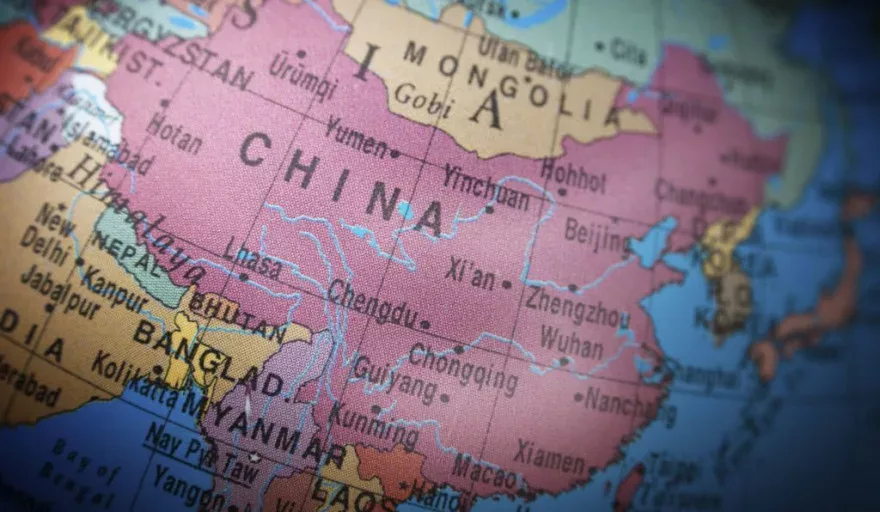China is set to overtake the US as the world’s number one economy, while India has jumped into third place ahead of Japan, according to a new study from the world’s leading statistical sources.
The 2011 International Comparison Program (ICP), which involves the World Bank, assesses economies based on purchasing power parity (PPP), an estimate of the real living costs. The results revealed major differences in the global economy compared with the last update in 2005.
The research shows that China’s GDP is at 87 per cent of the US in 2011, claiming that the Chinese and Indian economies have more than doubled relative to that of the US. Back in the 2005 study, the ICP believed China’s economy was less than half the size of the US, standing at 43 per cent.
“The United Stated remained the world’s largest economy, but it was closely followed by China when measured using PPPs. India was now the world’s third largest economy, moving ahead of Japan,” the report detailed. “The results indicate that only a small number of economies have the greatest shares of world GDP. However, the shares of large economies such as China and India have more than doubled relative to that of the United States.”
Rapid growth has led many economists to anticipate that China, the world’s second biggest economy, could move into the number one position by the time of the next report. The latest findings from the ICP could fuel a debate on whether that is likely to happen sooner rather than later.
However, there is no firm confirmation that this will be the case. The former Federal Reserve Governor, Randy Kroszner, said that the US have been aware of China’s strong position: “China has been coming on strong for quite some time. US businesses, as well as world businesses, are aware of that. But I don’t think that, even if we pass this particular benchmark, it’s a tipping point.
That doesn’t mean the United States can’t still maintain its strength.” For example, the average Chinese worker makes just $6,000 a year, compared to $72,000 for the average American, and that won’t change anytime soon.
In addition, economic growth doesn’t necessarily lead to gains for stocks, as demonstrated in China. Dan Greenhaus, BTIG, said that “even though they’re growing 7 per cent or more, and even though the economy is set to become the largest in the world, the stock market has effectively gone straight down for the better part of five years.”



































